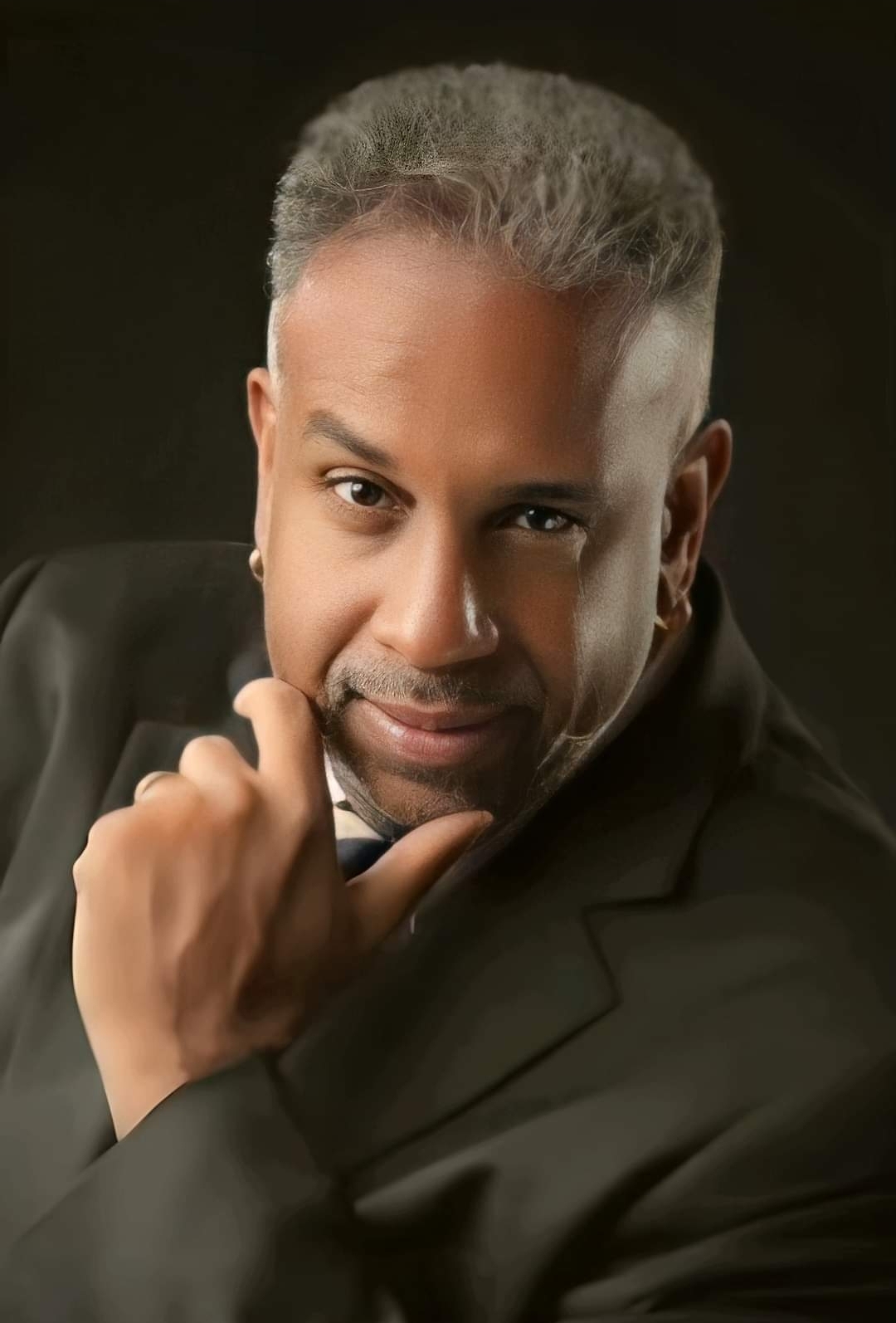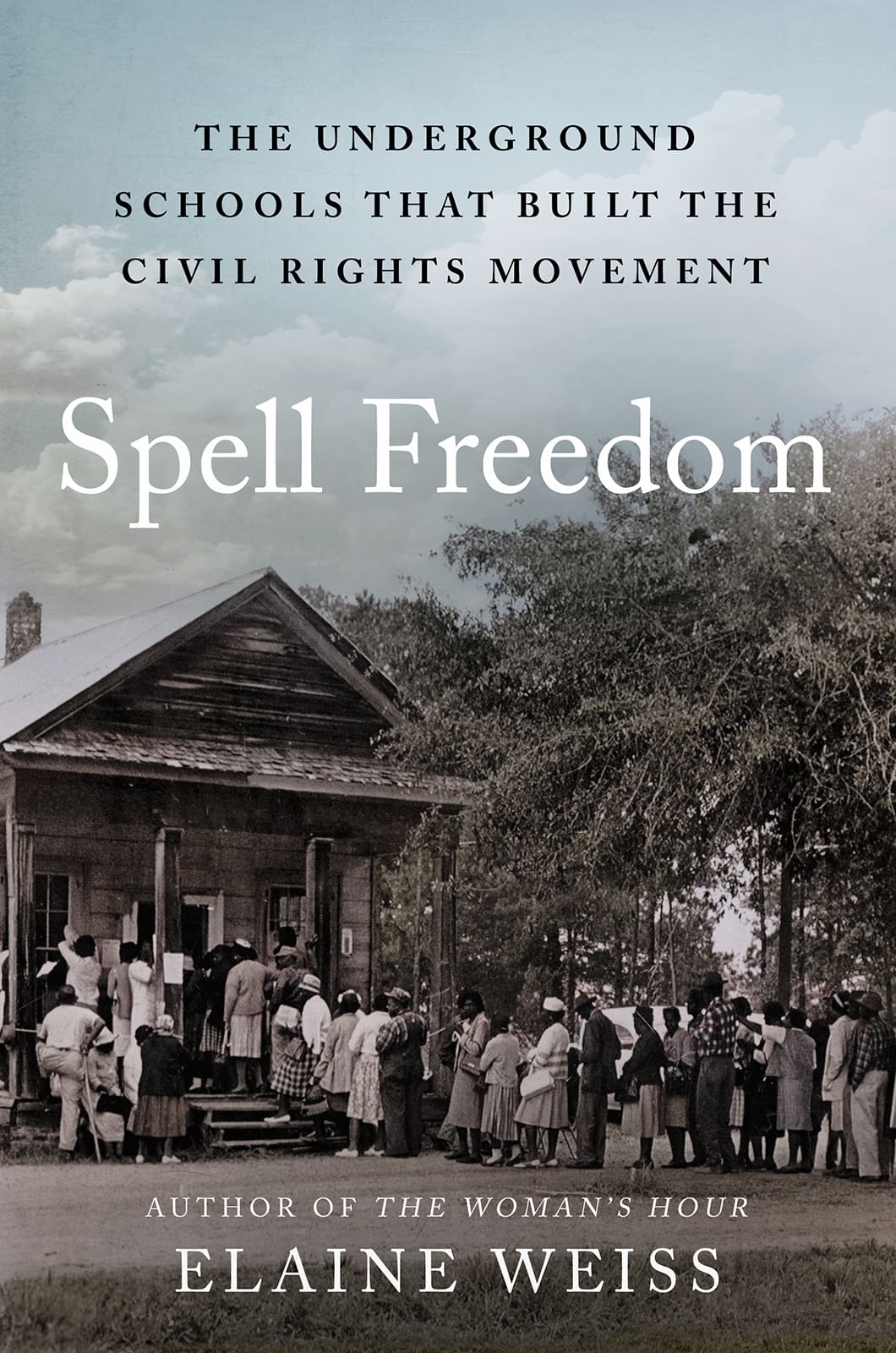By Philip T. Arnell
I’ve walked many paths in my life. I’ve been a performer, I’ve briefly been a teacher. I had spent years in sales. My main career has been being a part of administration in the finance/technology industry. I’m proud of all since they have taken part in building my successes in life. The one path that has given me the most joy has been to have adopted the title, “Author”. I’ve joined the league of millions globally. Though it happened by accident, at this stage of my life I am the most proud of this title.
I’ve written two books in the last nine years. Both are about my family’s history. I’ve always had an interest in my lineage. The various diversity that flows through my veins. Whether one, seventy-six generations, or further back.
I’ve been doing this project for forty-six years and have continued to work on the growth of my books through publishing. I’m always finding new information to add. My mother’s side is from Barbados. My father’s side is from St. Martin French Antilles/St. Maarten Netherland Antilles and Anguilla British West Indies.
I was raised in my culture while coexisting in the American society in which I was born. In the home, we were in the said respected home countries. Outside, it was another world. Growing up, assimilating could sometimes be a challenge since our culture and practice were heavily embedded in us. I’ve always had a fascination with the genealogy of my family. I grew up among different subcultures of one main culture. Meaning, that Caribbean culture as a whole with great similarities, but the individuality of the Dutch, French, British, and including a version of Latin influence from the exposure to Aruba. Though they are Dutch, Latin culture plays a significant part in this part of the culture.
As a whole, I saw how my mother’s family interacted from their side of the Caribbean. More centralized regarding the British Empire though being an independent nation. I saw how my father’s side interacted with their influences which seemed to flow evenly within it’s diversified structure. I saw the many different looks of the direct bloodlines that we all shared. I grew up seeing my direct family that to the naked eye didn’t even look remotely related. Yet I could see the great similarities in appearance despite what was regarded as vast differences. I had noticed this from a very young age. Skin tones, body types, facial features, and hair textures. I didn’t question them because to me this was normal. The innocence of childhood up to a certain age was present and I was taught to embrace all equally. They were my family.
The only thing regarding this which sparked my interest was, where did all these people come from? Why do they all look different yet similar at the same time? This fascinated me more and more as I got older and started to ask questions. Why was there a variety of accents in the family? Why were there different languages being spoken in different areas of the room during family events and occasions?
As an ongoing observation, this led me to ask more questions. Pictures of ancestors I saw, practices that we all on some level still perform today not giving a second thought as to how and why we do these things.
I remember one day I went to my paternal grandparent’s house when I was ten years old and saw pictures of my grandfather’s parents and his explanation to who these unfamiliar yet somehow familiar faces were. This was the official start of my journey to dive into my heritage. For the next two years, I would go through albums and ask all the questions a young child would ask. Then life changed when my paternal grandfather passed. His passing opened up a world of family that I never knew existed at twelve years old.
Philip Timothy Arnell, born October 3, 1968, in Queens, NY, is a two-time global bestselling author of Caribbean descent. A proud Caribbean American, he holds dual citizenship in the U.S. and France and resides in New York City. Arnell’s early career included acting in commercials, voiceovers, TV, stage, and films. He earned a BSc in Communications from St. John’s University. Later, he ventured into the financial industry. For over forty-six years, he has researched his family history, culminating in a book sold in nineteen countries and featured in numerous museums and archives internationally. You can find “Fortunate Member of a Caribbean Diaspora and Still Bajan After All These Years” on Amazon.com.




